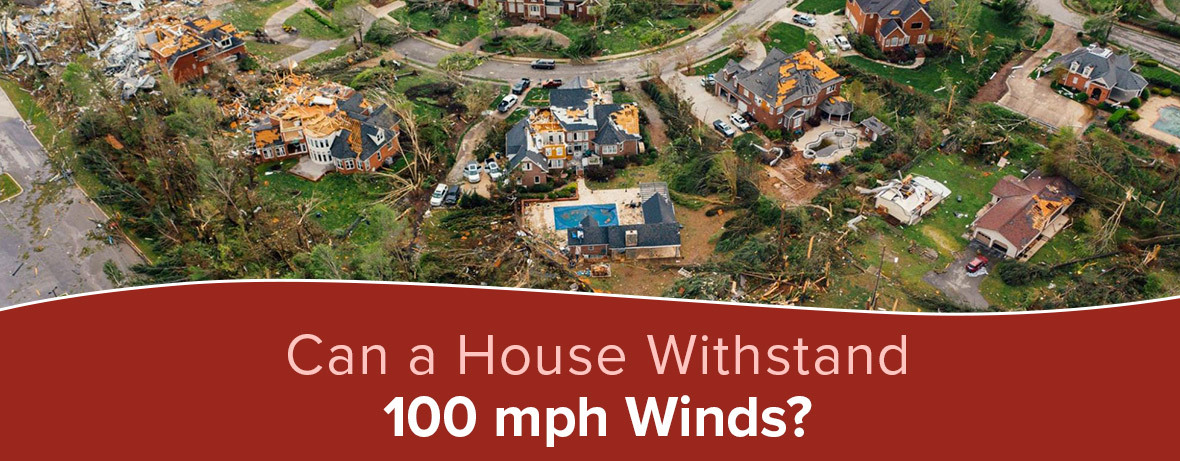
The Foundation of Construction: A Guide to Building Code Foundation Requirements

13 Expert Tips for Successful Commercial Building Construction
Every commercial building construction project begins with a vision that must balance budget, performance, and long-term durability. When systems align from the start, each phase strengthens efficiency, safety, and operational performance for decades.

Exterior Wall Thickness: How Thick Should Your Walls Be?
The exterior wall thickness of a home significantly impacts the house’s energy efficiency, disaster resistance, and IEQ. Learn how thick exterior walls should be.

Rebar Sizes, Grades, and Types: Building Strength and Stability
Every structure, from towering skyscrapers to quiet family homes, relies on rebar to provide the strength and stability that concrete alone cannot deliver.

Can a House Withstand 100 mph Winds?

How Much Does It Cost to Build a 5,000 Sq Ft Warehouse?
Every warehouse begins with a number, the cost per square foot that sets expectations for design and delivery. The cost to build a 5000 sq ft warehouse isn’t fixed; it shifts with site conditions, material choices, and energy goals.

Barn Construction Process and Materials: How to Build the Best Barn

A Comprehensive Guide to the Types of Concrete Blocks Used in Construction

The Importance of Contractor Training and Product Knowledge